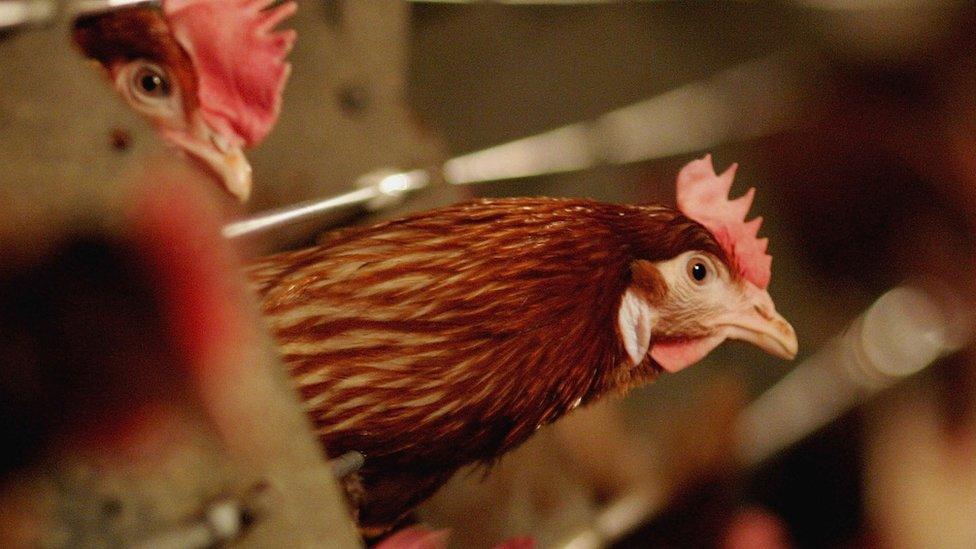Bird flu: East Anglian farmers rubbish new government support
- Published
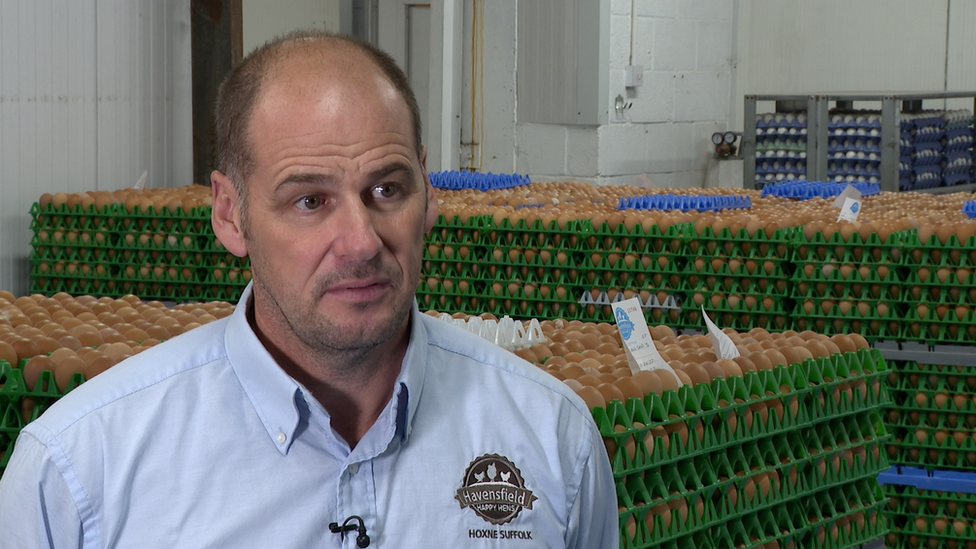
Alaistaire Brice does not think there will be any free-range poultry in East Anglia until a bird flu vaccine is introduced
Poultry farmers in East Anglia have brushed off the government's latest support package to help them limit the spread of avian flu, branding it "woolly" and "lukewarm".
The Department for Environment, Food and Rural Affairs (Defra) said it would compensate owners, external at the "outset of planned culling".
It said this would provide "certainty".
Farmers in Norfolk, Suffolk and most of Essex are about to enter their fourth week of keeping birds indoors.
A total of 214 positive cases have been picked up by Defra, external in the last year and at least 4.6m birds have been culled or have died as a result of the last two avian flu seasons.
The virus was again detected at commercial premises in Saxmundham, Suffolk, and near Attleborough, Norfolk, over the weekend.
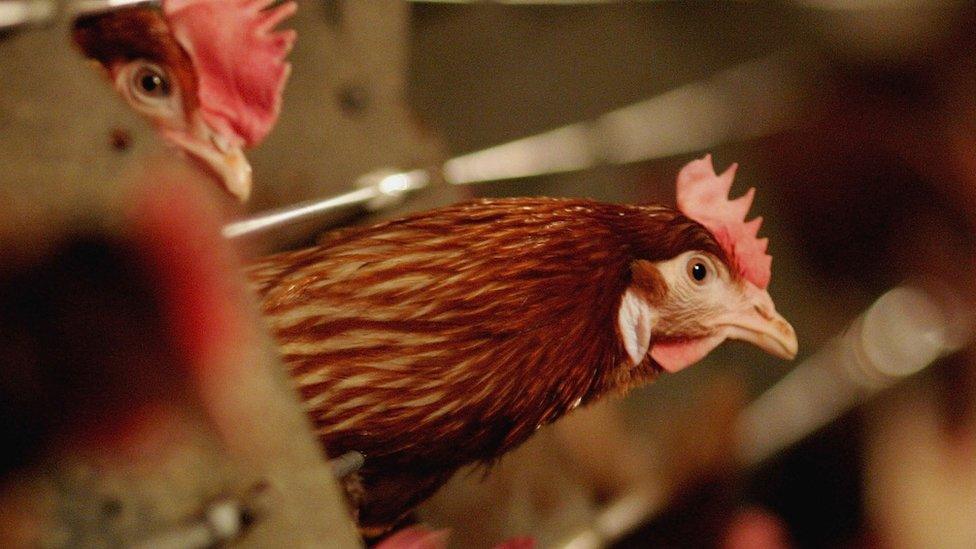
Farmers in Norfolk, Suffolk and Essex must keep flocks indoors to limit the spread of avian flu
"It's very woolly," said Alistaire Brice, who owns 150,000 chickens for the Havensfield Happy Hens business in Hoxne, Suffolk, and who is yet to experience a positive case.
"It's not going to make a great deal of difference because the time frame between diagnosis, and the birds being killed, is still too long."
The improved measures mean compensation reflects the size of the farmer's stock at the point government decides to cull, rather than at the end of culling.
Owners, however, have pointed out that entire flocks can die in the time between reporting the suspected case and the testing.
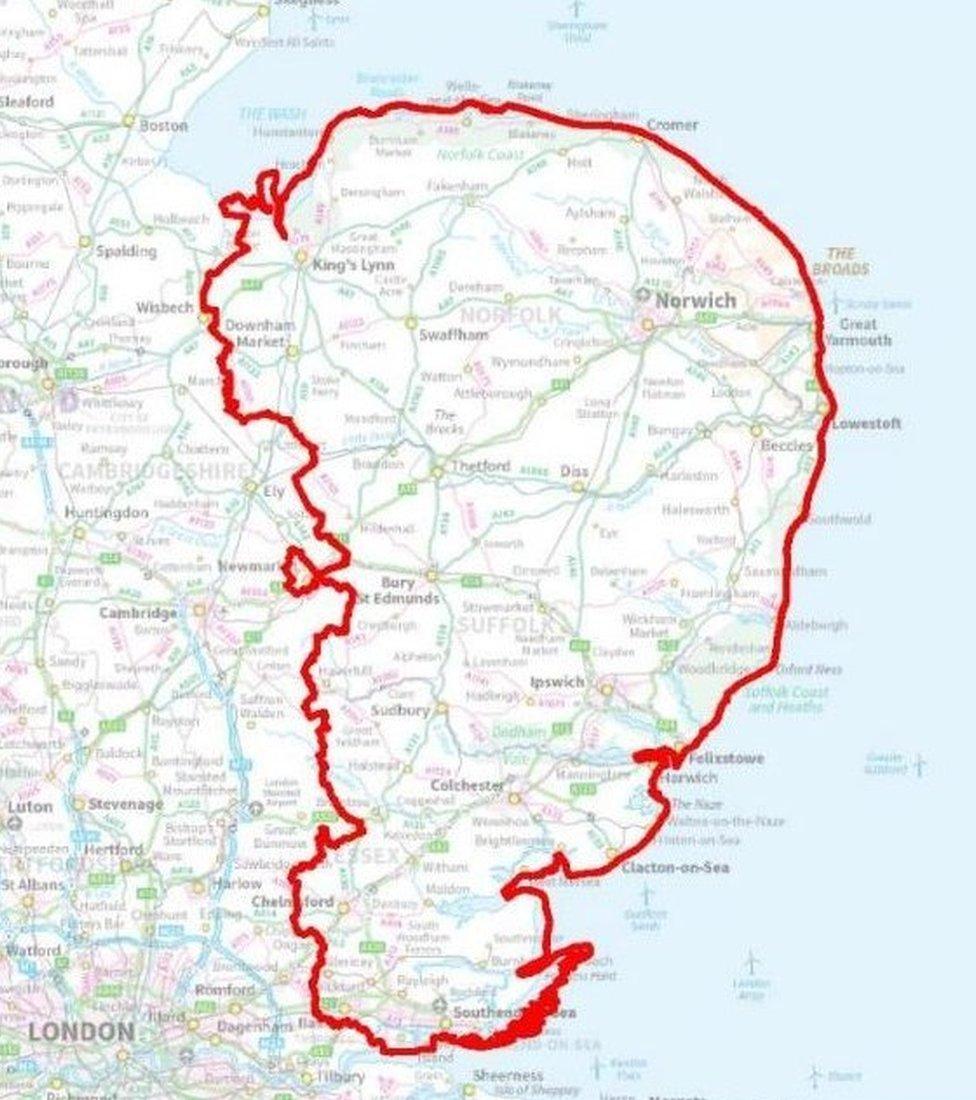
The eastern part of the prevention zone covers all of Norfolk and Suffolk and nine of the more easterly districts in Essex

"We're at breaking point and we can't carry on," said Mr Brice, who is worried about competition from producers in Wales and Scotland once English farmers are told they can no longer market their eggs as free range.
"There's no way in the world, before there's a vaccine, that we will be able to produce free-range eggs.
"Defra don't see the bigger picture and the problem we will see in three months' time.
"East Anglia will be emptied of poultry and the shelves will be empty and that will affect the poorest families because we are producing the cheapest form of protein and the most readily sought-after form of protein in the UK.
"What support is the government going to give us in terms of an alternative way to produce the commodity and underpinning the safety of that commodity in the meanwhile?"
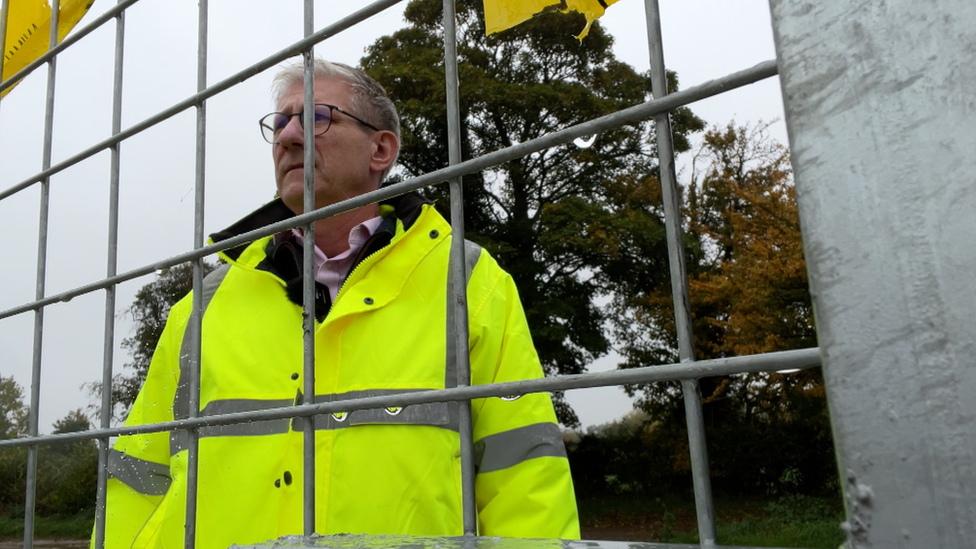
Mark Gorton says he has lost 100,000 chickens and turkeys to the virus
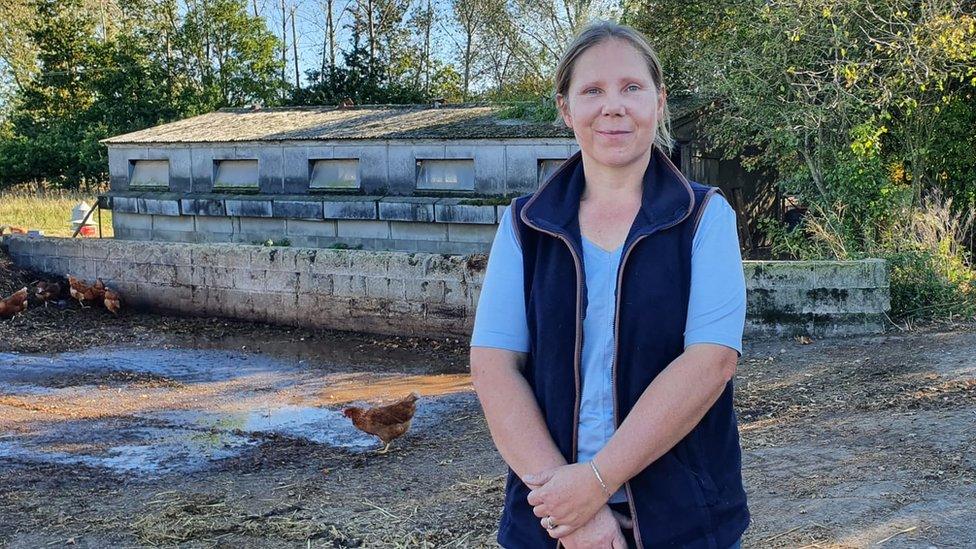
Rebecca Mayhew usually has 300 chickens roaming free
Mark Gorton, of Traditional Norfolk Poultry near Attleborough, Norfolk, said he has lost 100,000 chickens and turkeys to the virus.
"We need compensation from the moment we notify authorities because this disease is so virulent," he said.
Rebecca Mayhew, from Old Hall Farm in Woodton, Norfolk, usually has 300 chickens roaming free.
"It (the new package) is a very lukewarm attempt to be reasonable," said Ms Mayhew.
"There's too much of a time lag, it's not responsive enough and there is no holistic thinking."
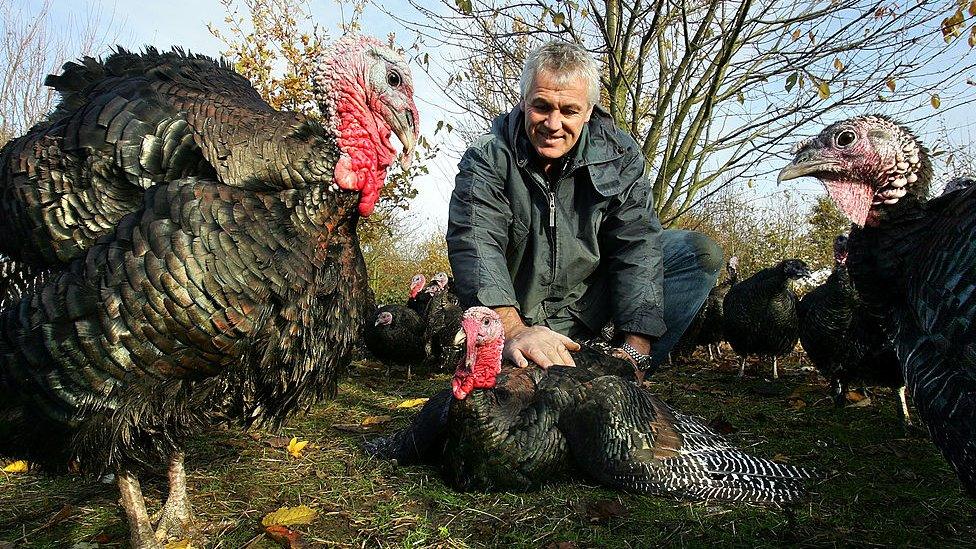
Paul Kelly says there is a risk nowhere in Essex will grow Christmas poultry next year
The new measures also permitted farmers to slaughter turkeys, geese or ducks earlier in the season, for freezing, ahead of Christmas.
Turkey farmer Paul Kelly, based near Chelmsford, Essex, said however: "Without the vaccine in place, or a good compensation scheme that is fit for purpose, I do not believe that seasonal poultry farmers will grow Christmas poultry next year because you are playing roulette with your farm."
Conservative farming minister Mark Spencer said: "We very much appreciate the continued cooperation from the sector as we battle this insidious disease and will continue to keep the situation under close review."

Find BBC News: East of England on Facebook, external, Instagram, external and Twitter, external. If you have a story suggestion email eastofenglandnews@bbc.co.uk
Related topics
- Published28 October 2022
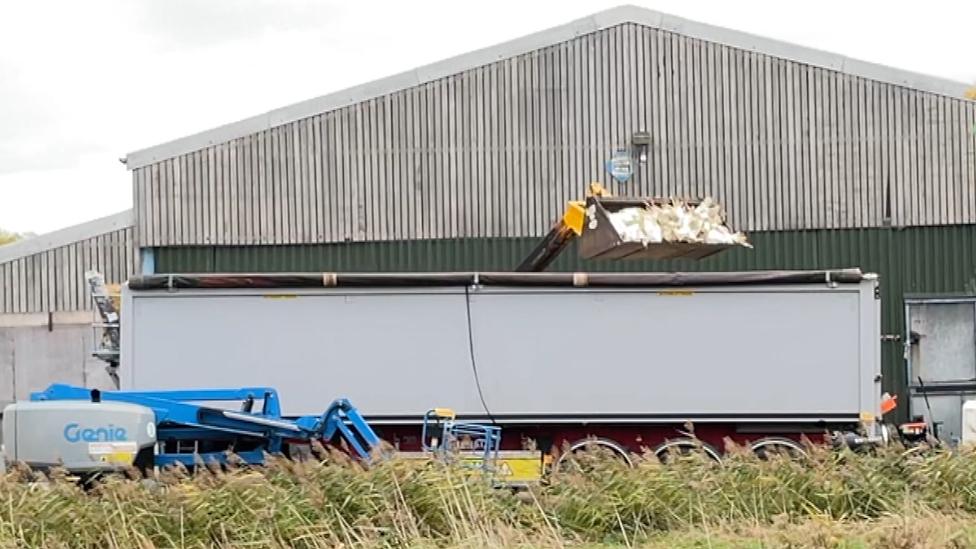
- Published28 October 2022
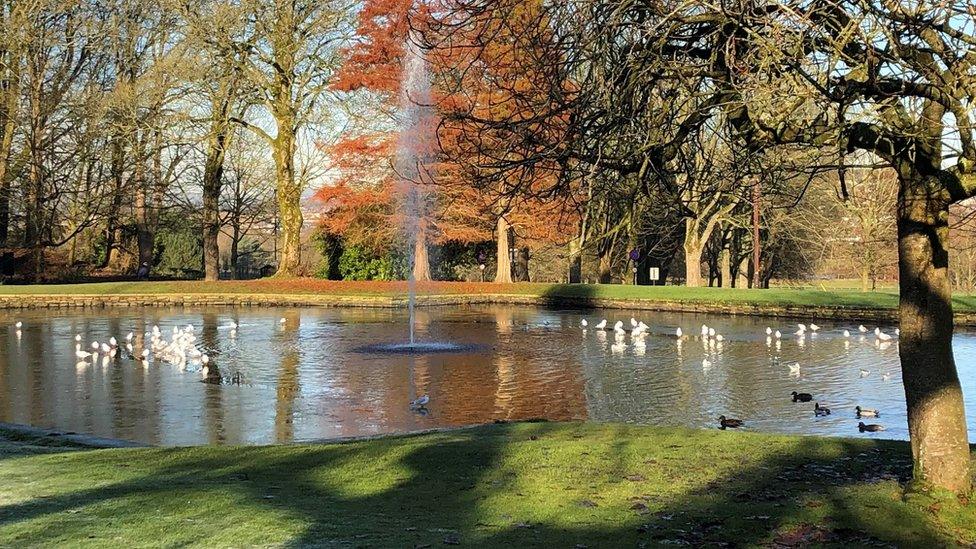
- Published28 October 2022
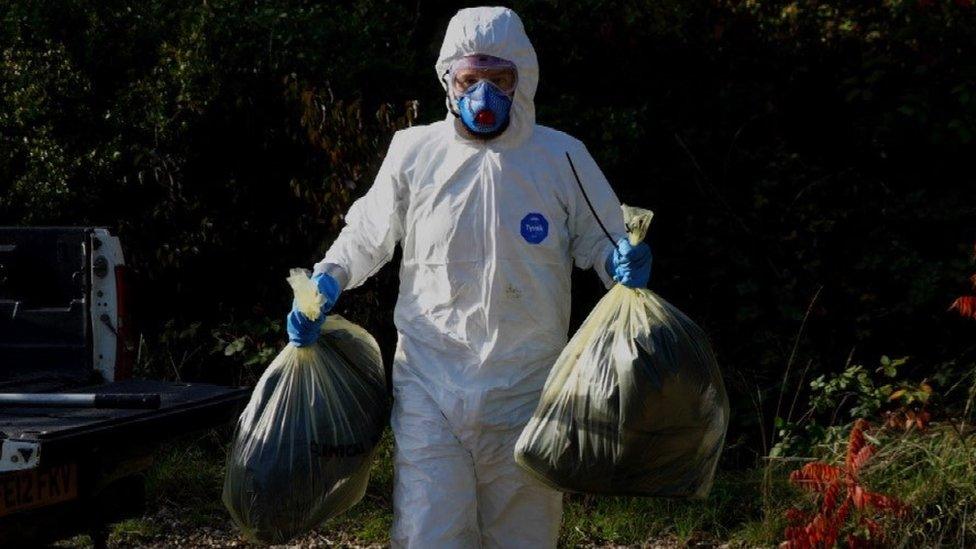
- Published12 October 2022
